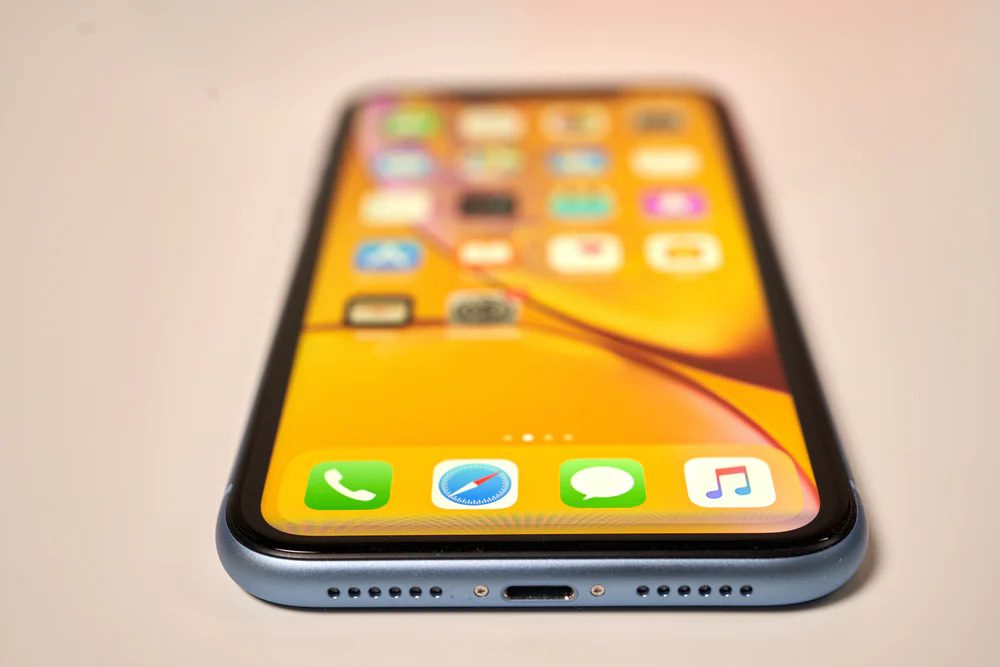Staying safe online used to be easy, but nowadays, given that cyberattacks are so much more common and more powerful, we’ve got to take extra safety measures. For years, it’s been a cause of anxiety for several people, especially those whose lives are on the internet. It’s high time we get some comfort, and the best way is through knowledge. This article will help you secure yourself and your data so that you can have all the fun you want online without the risk.
Change your Passwords Regularly
One of the best ways to stay safe online is by changing your passwords. Don’t worry, you don’t have to do it every week or every month, even. Experts recommend that you only keep your weak passwords for a period of 60 to 90 days at a time. That way, even if a hacker has access to your account, they’ll get locked out once you change your password. Of course, ideally, you should spend time creating strong passwords by mixing up characters and numbers and avoiding common tactics, like replacing ‘L’ with ‘1’, ‘A’ with ‘4’ etc. For strong passwords, you don’t have to change them unless you notice something fishy. Needless to say, it’s counterintuitive to use the same password for more than one account. It’s the equivalent of walking around with all your money in one bag.
Steer Clear from Insecure Connections
When you visit a website, what you do is that you connect to the website’s server and download their content. When you receive a message warning you that the website you’re visiting is not secured, it means that the website is vulnerable to attacks. If you share your data on the website, it’ll be at risk of getting stolen and if you download something off of the website, think software, or mp3 files, you’ll be risking downloading some type of malware. To stay safe, it’s best to stick to websites that offer secure connections.
Install an Antivirus
Anti-malware is one of humanity’s greatest inventions. They can scan your phone for viruses and spyware, remove them, and proactively protect your phone. What you can do is find the best mobile antivirus for you, install it, and run your first scan. If you have the option to, enable real-time scanning in order to detect any malware before it does much damage. If you don’t have the option, manually scan your phone at least once a week, and more if you’re a regular internet user. With an antivirus on deck, not only will you be safe, but you’ll also feel safe, which sometimes is more important.
Unprotected Networks are a No-Go
It’s always nice when you find a public Wi-Fi network, isn’t it? Well, not really. Public networks are not secured, which means that your data won’t be secure. Your activity on the network won’t be private. Of course, this doesn’t mean that someone will see your activity, but it does mean that if a hacker looks for it, they will find it. This includes any public network, even private ones where the password is given to everyone, like in coffee shops, airport lounges, and hotels. Unless you have a VPN that covers your tracks for you, you shouldn’t connect to public networks. If you must, keep your activity limited and don’t log into any private accounts.
Keep Your Device Updated
As opposed to what most people think, updates aren’t just useless things that a company does to annoy you. They also aren’t just about cool new features. They improve your phone’s security measures and fix app crashes and software bugs. For browsers and antiviruses, they improve the software’s capabilities and security measures, like their ability to detect viruses and malicious websites. So, the next time you get an update notification, let your phone or the app do its thing. Better yet, turn on automatic updates, but make sure you prevent apps from updating when you’re not connected to a Wi-Fi network. You don’t want a big update to bleed your internet package dry.

Follow these tips, and you’re guaranteed to be much safer out there. As long as you watch which websites you visit, where you connect to the internet, and what you download, you’ll be fine. Don’t forget to keep your passwords strong and different for different accounts. If it’s going to be hard for you to remember, write them down in a notebook or keep them in an encrypted password manager on your phone or laptop. Last but not least, download a good antivirus to serve as a proactive measure and a final line of defense at the same time. Have fun and stay safe.



































